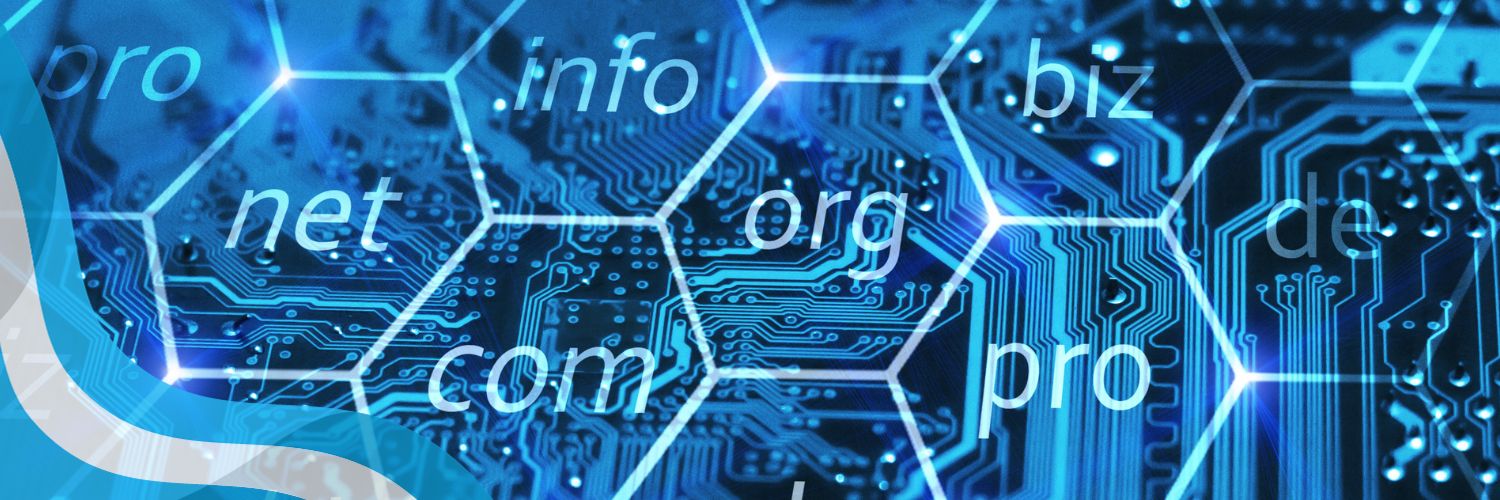New Criteria for Domain Dispute Resolution by NIC Argentina

NIC Argentina recently established new guidelines for analyzing and resolving domain disputes, offering a valuable resource for domain holders and legal professionals alike.
Disposición 187/2023 of the National Directorate of the Internet Domain Registry (NIC Argentina), published in April 2023, outlines the principles and criteria used by NIC Argentina in domain dispute resolution cases.
A domain dispute is an administrative process through which a person may claim ownership of an internet domain name registered by someone else.
Domain registration is generally fast and straightforward, involving no prior screening for conflicts with existing domain names or registered trademarks. As a result, a domain that infringes on third-party rights may only be identified after registration.
To address such situations, the domain dispute mechanism allows third parties with a legitimate interest or superior rights to challenge a domain registration. The process can lead to the revocation and transfer of the domain name to the claimant—regardless of whether the domain has been in use for months or years.
This system is unique in that it grants immediate and subjective rights upon registration, but revoking these rights requires initiating an administrative recovery action.
Previously, the applicable regulations stated that domain registrations must meet three primary conditions: good faith, legality, and non-infringement of third-party rights. However, these were oddly phrased in the negative: “NIC.ar users assume that domain name registrations are not made in bad faith, for unlawful purposes, nor do they affect or harm other users and/or third parties, unless proven otherwise” (Annex 1 of Resolution 2/2022).
The dispute procedure is active and operational. This new resolution makes public the criteria that have already been applied in practice, serving as a useful reference for both newcomers and experienced professionals in this field.
While the criteria are intended as guiding principles and are not exhaustive, claimants may assert any arguments they believe support their claim. The resolution lists several grounds for potential infringement of intellectual property or personal rights but leaves the door open for other subjective rights to be considered.
Under these guidelines, a domain may be revoked if it:
- Creates confusion, deception, or identity impersonation with respect to:
- a well-known or recognized trademark, copyright, trade name, company name, or the personal name or pseudonym of a prominent individual in Argentina or worldwide,
- government entities (national, provincial, or municipal), or services they provide,
- nationally or internationally recognized organizations.
- Is registered with intent contrary to good faith:
- For speculation: registered solely for resale or improper financial gain.
- For blocking: aimed at blocking access or disrupting the digital presence of others.
- For hoarding: without actual use or legitimate interest.
- Without activity: the registrant cannot demonstrate a real digital activity related to the domain.
- For customer diversion: intent to mislead clients, audiences, or web traffic for illegitimate purposes.
- To cause confusion: use of generic words unrelated to their meaning.
- To offend: use of offensive, discriminatory, or unlawful terms.
- Without DNS delegation: not delegated to DNS within a reasonable time (first 6 months) without proper justification.
The publication of NIC’s dispute resolution criteria marks significant progress toward improved access to justice in this specific area of intellectual property. Hopefully, this step will lead to further improvements—most notably, speeding up the issuance of final decisions.
